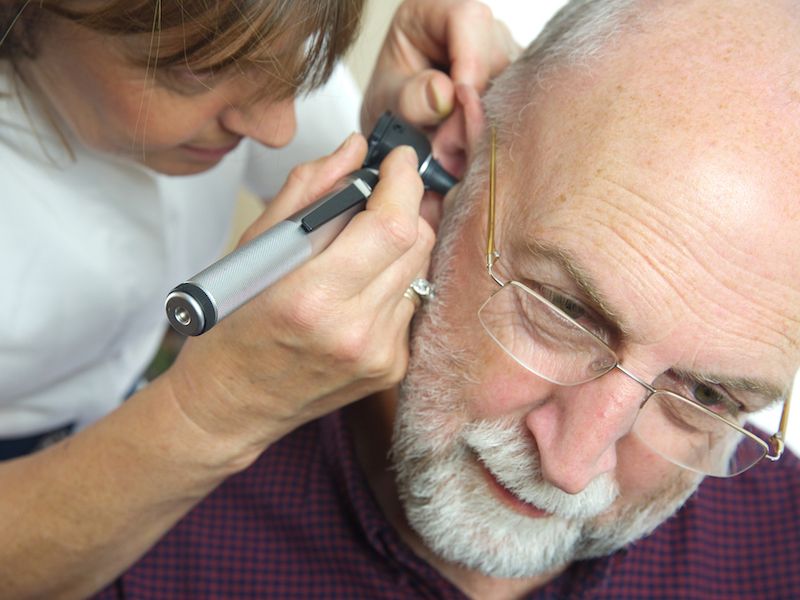
If you wear glasses, you understand you still need to make an appointment with your eye doctor every year, right? Because, over time, your eyes will change. As a matter of fact, nothing in your body is static, your eyes aren’t and, it turns out, your ears aren’t either. That’s the reason why, just as it is with your eyes, it’s essential to keep having your ears checked even after you purchase a nice pair of hearing aids.
Unfortunately, many people miss those regular checkups. Maybe they’ve been too busy enjoying their lives to get back in to see the doctor. Or maybe lately, work has been stressful. Or maybe you’ve just been so happy with your hearing aids that you haven’t needed to go back in. That seems like it should be a positive thing, right?
In the long run, for individuals suffering from hearing impairment, it is even more relevant to have even one follow-up consultation. Despite that, regular attention is often ignored. According to one survey, only 33% of seniors with hearing aids also used regular hearing services.
After You Have Hearing Aids, Why Would You Require to Get Regular Checkups?
Your hearing is not static. It changes over time. When these changes occur, you should modify your hearing aids to compensate. Issues can be recognized early and your hearing aids can be tweaked accordingly.
And that isn’t even the only reason why it could be a good idea to show up for scheduled appointments with a hearing expert once you have your hearing aids. Some of the most common reasons to make sure you show up to your next appointment include:
- Hearing deterioration: Even with a hearing aid, your hearing could keep degenerating. If this deterioration is slow enough, you most likely won’t know it’s occurring without the aid of a hearing test. Hearing decline can often be slowed with appropriate alterations to your hearing aids.
- Calibrating Hearing Aids: There might be need for yearly adjustment of your hearing aids based on tiny changes in your hearing despite the stability of your general hearing. Without this calibration, your hearing aids could progressively become less and less reliable.
It’s essential to get your hearing aids cleaned professionally from time to time in addition to tracking changes in your hearing. We can help make sure your hearing aid is working the way it should, clean all the small parts and keep it in peak condition.
The Danger of Not Following up With Routine Exams
If you get frustrated with your hearing aids, say because they don’t work the way you expected them to, you might simply discontinue wearing them and that wouldn’t be good. Hearing aids make your overall health better and also, needless to say, makes your hearing stronger. You may not recognize it immediately, but your hearing could decline quicker if you discontinue wearing your hearing aids. Neglected loss of hearing has been associated with several health concerns such as mental decline and increased risk of accidents.
In terms of having your hearing aids operating at an optimal level, regular check ups are your best choice. Annual hearing assessments or screenings can help you be certain your hearing aids are working in the way they should and that your hearing remains safeguarded. So now it’s time to make your hearing appointment.
